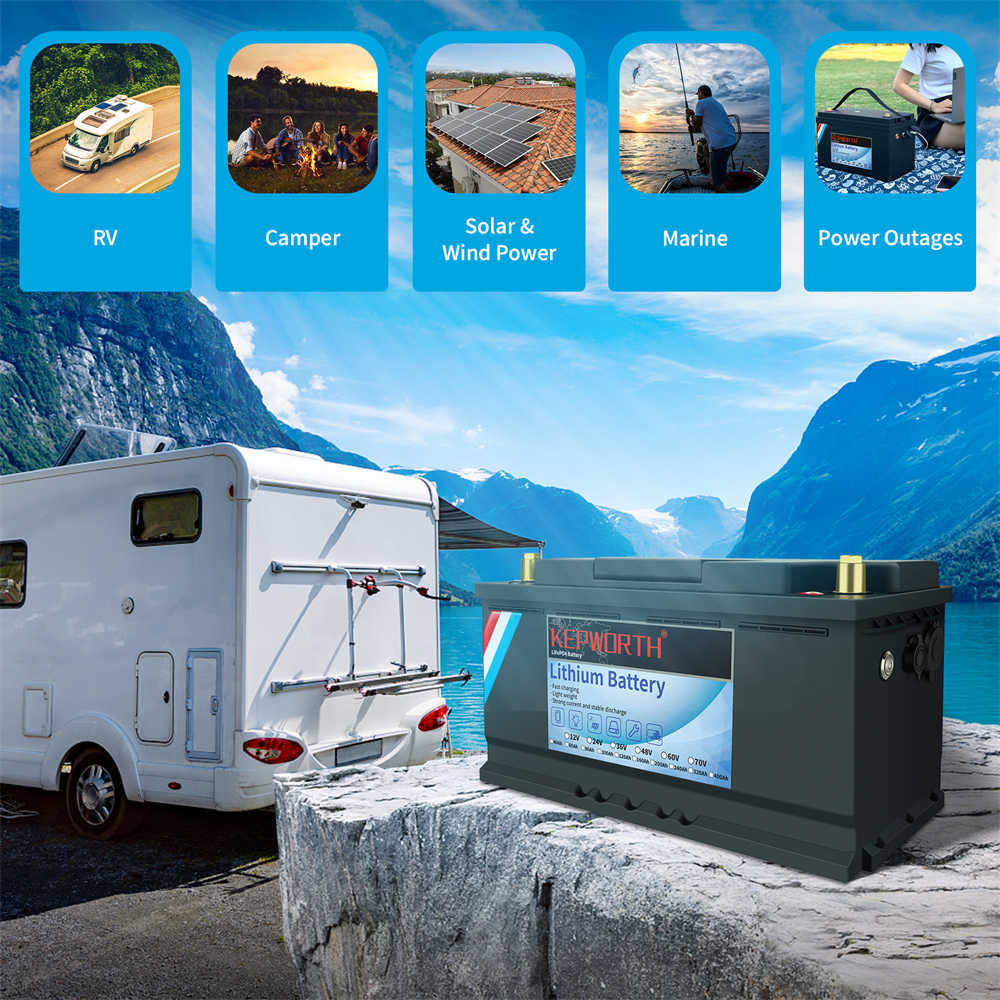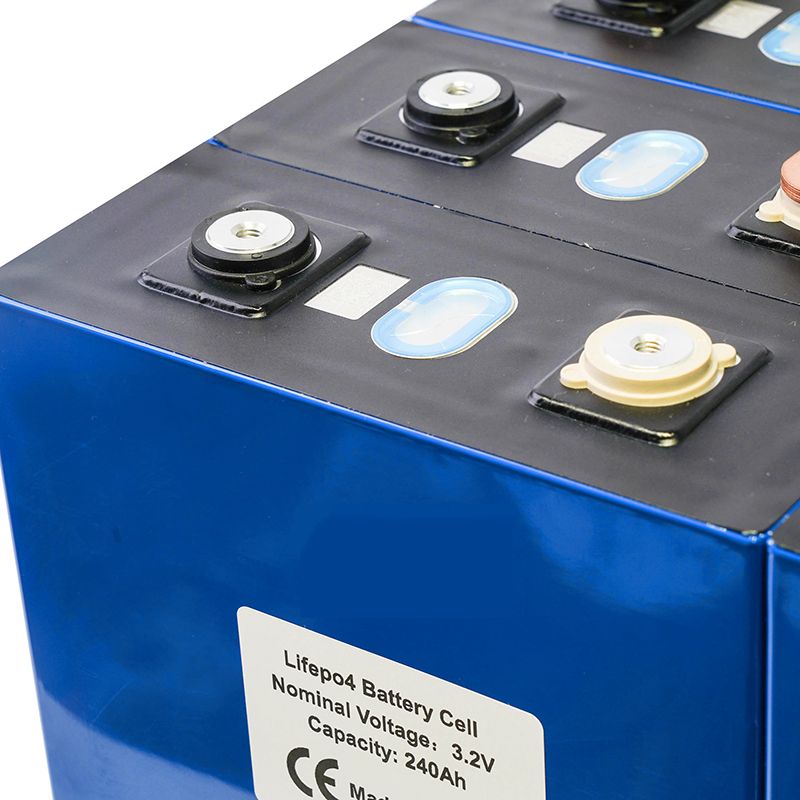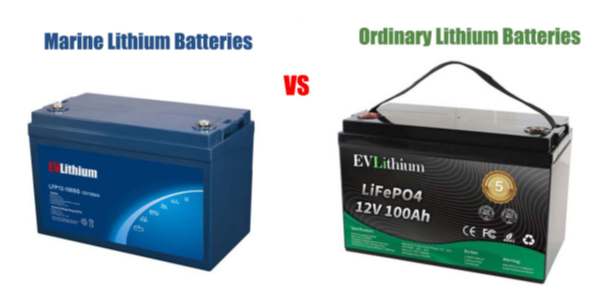Essential Guide to Marine Lithium Battery Maintenance
Essential Guide to Marine Lithium Battery Maintenance
Introduction to Marine Lithium Batteries
Marine lithium batteries have become the go-to choice for boat owners seeking efficient and reliable power sources. Unlike traditional lead-acid batteries, lithium batteries boast a longer lifespan, faster charging capabilities, and reduced weight. However, to maximize their potential, proper maintenance is essential. In this guide, we will explore best practices for maintaining your marine lithium batteries to ensure peak performance and longevity.

Understanding Battery Basics
Before diving into maintenance strategies, it’s important to understand how marine lithium batteries function. These batteries use lithium-ion technology, which allows them to store and discharge energy more efficiently. This efficiency translates into superior performance on the water, supporting everything from navigation systems to onboard appliances. Knowing the basic structure and function of your battery helps in identifying the best care practices.
Regular Inspection is Key
One of the most crucial aspects of battery maintenance is regular inspection. Routine checks should focus on the battery terminals and connections, ensuring they are clean and secure. Corrosion can build up over time, impeding performance. Always use a soft brush or cloth to clear any debris, and apply a protective coating afterward to prevent future buildup.
Monitor Charging Cycles
Properly managing charging cycles is vital to extending the life of your lithium battery. Unlike lead-acid batteries, lithium batteries should not be fully discharged. Aim to keep the depth of discharge (DoD) below 80% for optimal longevity. Additionally, use a compatible charger designed for lithium batteries, as the wrong charger can lead to overcharging, potentially damaging the battery.
Temperature Considerations
Temperature plays a significant role in the health of marine lithium batteries. Extreme heat or cold can affect performance and lifespan. Ideally, batteries should be stored and used within a temperature range of 32°F to 113°F (0°C to 45°C). During periods of inactivity, consider insulating the batteries or bringing them into a temperature-controlled environment to safeguard against temperature extremes.
Storage Tips for Longevity
If you plan to leave your boat unused for an extended period, it’s crucial to store your lithium batteries correctly. Ensure they are charged to about 50% before storage, which helps to balance the cells and maintain health. Additionally, performing periodic checks on their voltage and charge level during storage will help prevent issues down the line.

Conclusion: Investing in Maintenance
Maintaining your marine lithium batteries may seem like a small investment of time, but the dividends it pays in terms of performance and longevity are invaluable. By implementing these maintenance practices, you can enjoy more carefree days on the water, knowing your power source is reliable and efficient. Remember, a well-maintained battery is the heart of your vessel's operation, ensuring your adventures remain powered up and enjoyable.
_看图王.jpg)
